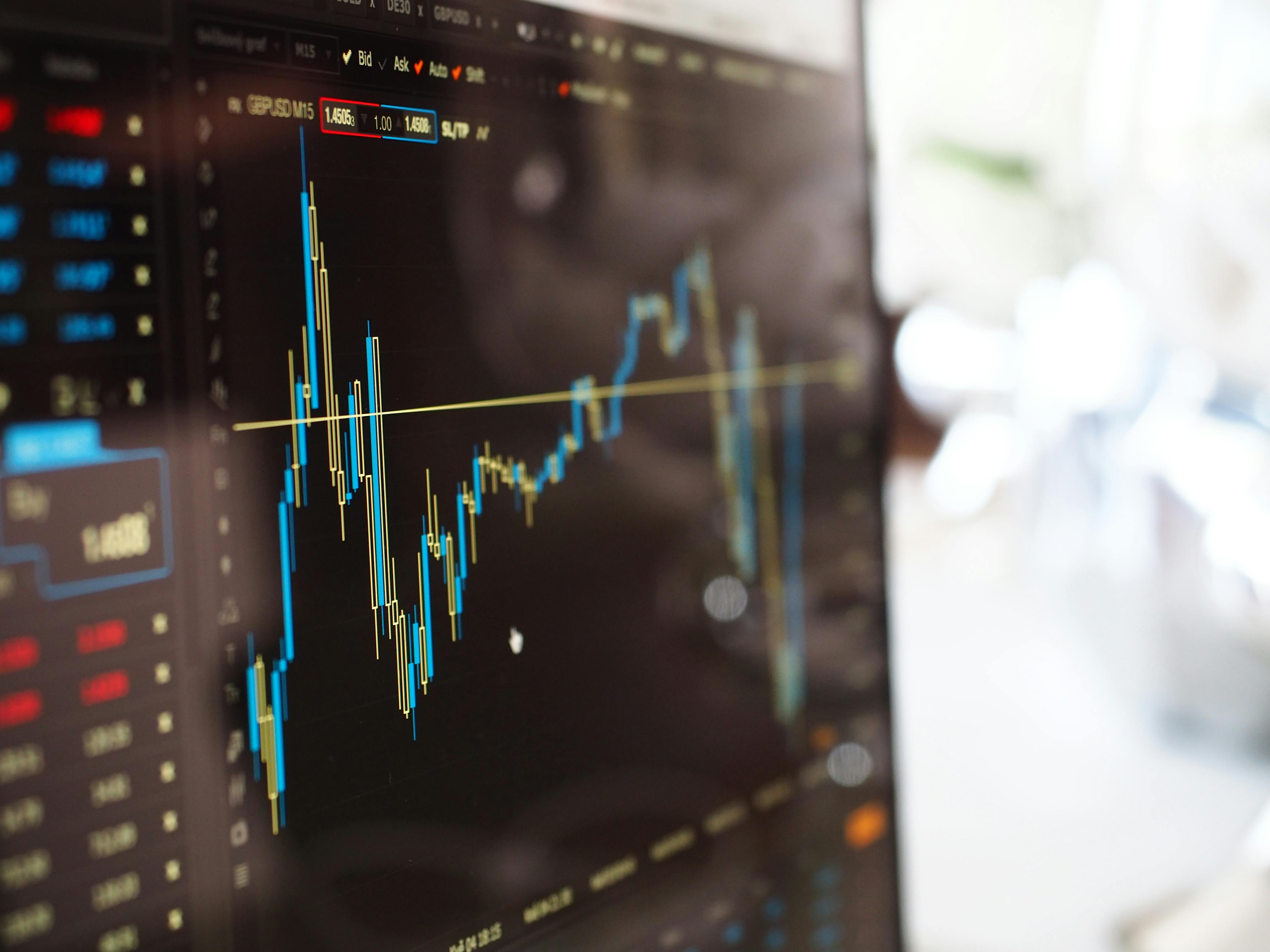
Investment in Menstrual Health and Hygiene offers promising potential for impact

With 1.8 billion people menstruating around the world every month, access to menstrual health and hygiene (MHH) is critical to their well-being and socio-economic participation. Yet, around 500 million people worldwide struggle to safely manage their menstruation on a monthly basis, facing exclusion, marginalization and stigmatization. This can further translate into reduced educational opportunities, reduced present and future earnings and higher healthcare costs.
Recently published research referencing academic studies and gray literature, commissioned by the UN’s Sanitation and Hygiene Fund (SHF), and conducted by Population Services International (PSI)-Europe, offers promising insights on the potential impacts of investment in MHH on women’s education, health and economic well-being. The three research briefs, on impacts of investment in MHH on economic well-being, health and education, published along with a technical note, analyze available research to estimate the potential economic returns of different MHH interventions in educational institutions and/or the workplace such as providing MHH materials, MHH education, behavioral change and WASH infrastructure availability and improvements.
The resulting assessments, while recognizing the scarcity of research available, suggest that investment in MHH can yield positive returns in terms of direct and indirect impacts on health, education and economic participation.
Read the research briefs on impacts of investment in MHH on economic well-being, health and education by clicking on each individual linked title. Read the accompanying technical note which explains the research methodology and data limitations, here.
Working globally and with an initial footprint in Africa, SHF aims to utilize its grant funding from the governments of the Kingdom of Netherlands and Switzerland to unlock public and private sector financing to shape and build a lasting menstrual hygiene marketplace and transform access to menstrual products and services across LMICs. By ensuring access to menstrual products, improving facilities and implementing comprehensive MHH programmes, the full potential of individuals, communities, and economies can be unlocked.



